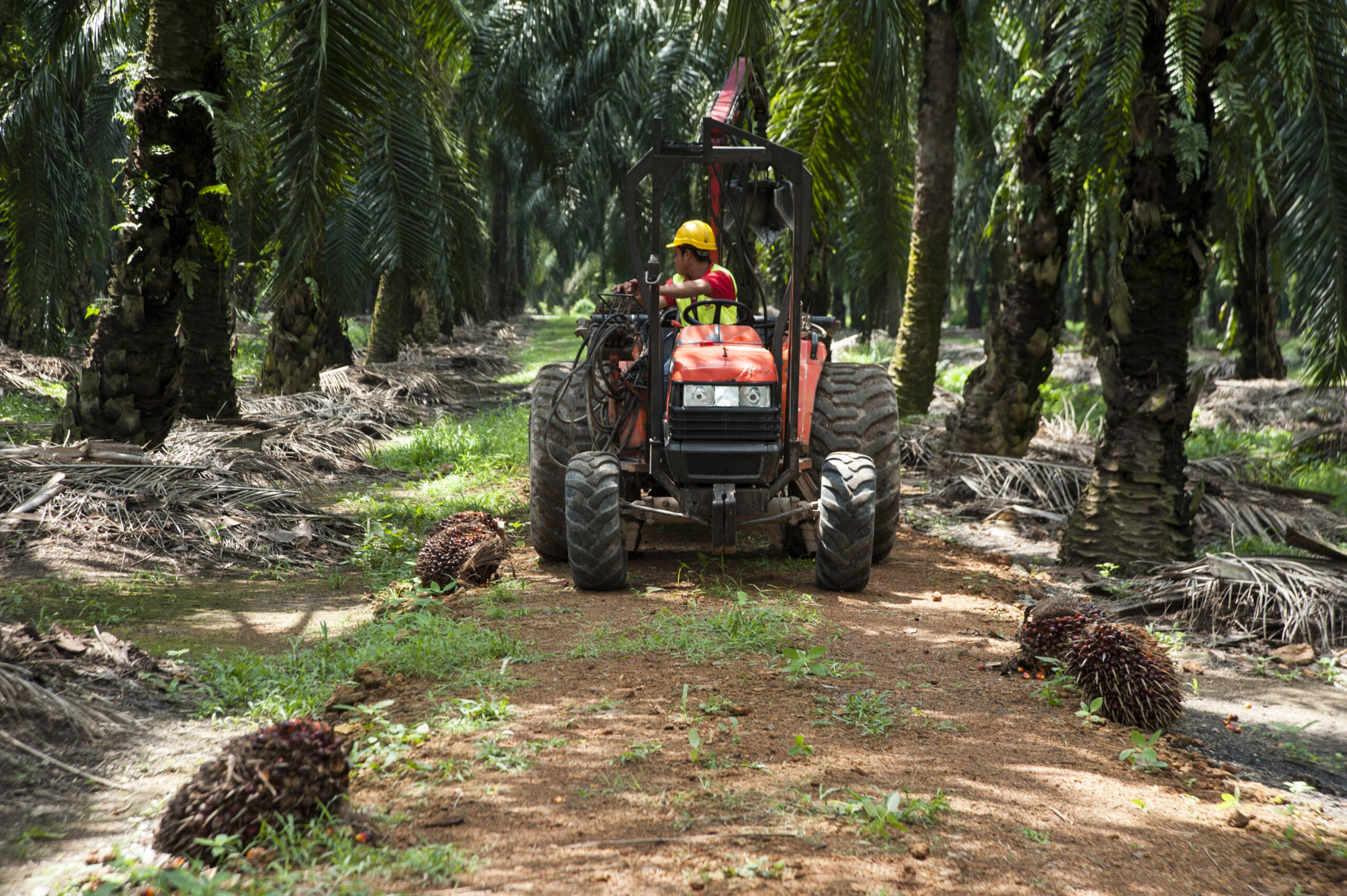Malaysia 2021 palm oil output seen up on better weather, yield

Malaysia’s key crude palm oil (CPO) numbers are expected to strengthen in 2021 over the last year levels, led by the industry’s improved prospects from favorable weather conditions and better yields, said Malaysian Palm Oil Board’s Director General Ahmad Parveez Ghulam Kadir.
Ahmad Parveez said Malaysia’s CPO production, oil extraction rate (OER) and palm oil exports will stay at higher levels this year, with India leading the global vegetable oil consumption story.
“India is anticipated to be the main driver for the palm oil demand growth…another market which is expected to grow significantly in 2021 would be Turkey, arising from expected insufficient supply availability of sunflower oil,” the MPOB chief said in an interview with S&P Global Platts.
However, he didn’t provide any palm oil production figure for 2021. Malaysia produced 19.14 million mt of CPO in 2020, according to MPOB data.
But, in the longer term, Ahmad Parveez expects Malaysia’s palm oil production to reach 22 million mt by 2025 and up to 25 million mt by 2030, helped by higher matured oil palm area and higher oil palm productivity through better FFB yield and higher oil extraction rates.
MPOB is the country’s palm oil industry regulator and a key agency closely followed by the global vegetable oil industry and agriculture markets.
Global crude palm oil prices have risen sharply in 2020 and 2021 amid a surge in overall agricultural commodity prices and growing demand for biodiesel, for which palm oil is a cheaper feedstock option compared to other soft oils like soybean, canola and rapeseed.
According to Platts pricing, CIF Rotterdam CPO prices more than doubled to $1,252.5/mt in May 2021 from $505/mt in May 2020.
In 2021, the Malaysian palm oil head expects crude palm oil price to average at around MR3,500/mt ($848.48/mt), primarily due to firmer soyabean oil prices and slower palm oil production growth in the first quarter.
Market buzz on Indonesian export levy cut
Addressing the market chatter about a potential $100/mt cut in palm oil export levy by larger player Indonesia, Ahmad Parveez said Malaysian palm oil would still be more competitive even if such a cut was announced.
Indonesia is the world’s largest palm oil exporter followed by Malaysia.
At current market rates, the export tax payable on Malaysian palm oil is MR370/mt or $89.20/mt, while Indonesia has an export levy of $255/mt and an additional $93/mt for export tax making $348 in total.
“Should the news be materialized, Indonesia’s collective tax and levy would still be $159/mt higher than Malaysia’s tax load so we believe that the Malaysian exporter may still have same advantage over Indonesian exporter,” Ahmad Parveez said.
Lockdown and labor troubles
The recent pandemic-led clampdown on movement and industries has not affected palm oil milling operations in Malaysia so far, as operating with a reduced workforce has become a new norm for refineries since the first Movement Control Order (MCO) in March 2020, according to MPOB.
“If we were to recap that the allowable capacity of workforce during the previous MCO was capped at 50%. This time around it is 60%. So based on the previous scenario, MPOB is expecting the situation to remain the same,” Ahmad Parveez said.
However, longer-running issues of finding manual harvesters for Malaysia’s plantations troubles are still very much present, he added.
Malaysian palm oil plantations depend on almost 500,000 plantation workers — of which around 70% hail from Bangladesh and India — to harvest each bunch of the ripened palm oil-yielding fruits (also known as Fresh Fruit Bunches) individually.
Since March 2020, most plantation workers have been unable to enter the country, leaving Malaysia short of crucial manpower.
Mechanization a key solution
The Malaysian palm oil regulator has stressed that mechanization will be the most urgent and critical solution required to increase production and ease workforce troubles that the Malaysian palm oil plantations are currently facing.
“The average FFB received by mills in 2020 declined by only 2.1% compared to that of in 2019. The minimal impact was believed to be due to temporary participation of the locals. However, the involvement of the locals can fluctuate from month-to-month basis,” Ahmad Parveez said.
The MPOB chief expects that if the Malaysian border continues to remain close, it is expected to have a significant impact on the plantation sector.
“The implication of low mechanization adoption in the country could be devastating since there is a labor sources scarcity which could jeopardize the overall field operation,” Ahmad Parveez added.
“Concerted efforts from all stakeholders; including industry players, ministry and other related private sectors is vital for us to successfully overcome this issue,” Ahmad Parveez said as government regulations prevent MPOB from commercializing its inhouse technology directly.
Read also
Crop & Price Navigator 2026/27 from UkrAgroConsult
Ukraine extends deadline for duty-free rapeseed and soybean export applications un...
French Senalia expects grain export volumes to double in 2025/26
Around 7% of cultivated land worldwide is used for the production of biofuel raw m...
Registration for BLACK SEA GRAIN.KYIV goes on – join with Early Ticket by Ja...
Write to us
Our manager will contact you soon



